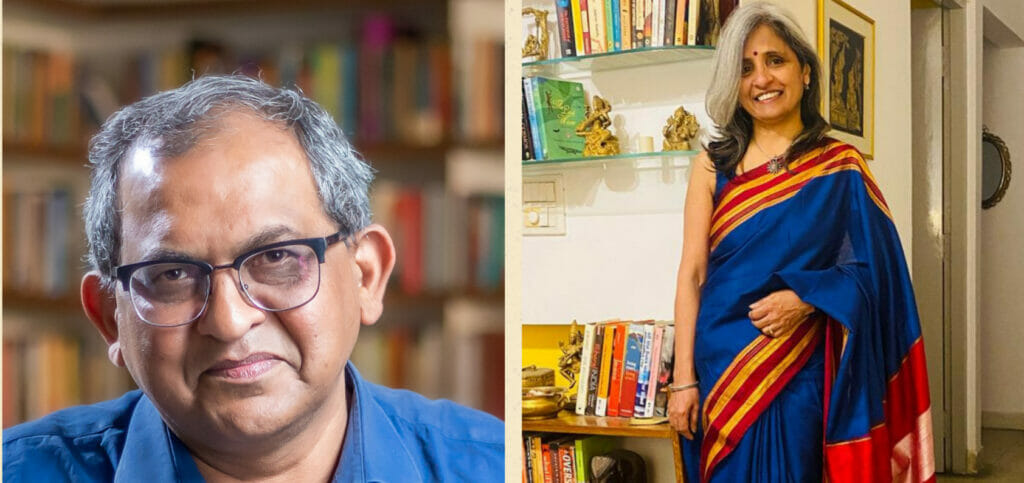Environment Support Group (ESG) is a pioneering non-profit environmental organisation, based in Bengaluru. ESG has worked to protect biodiversity and ecosystems, often in collaboration with communities facing the effects of environmental degradation and displacement. They have been actively involved in judicial advocacy that led to landmark judgements and policies in the city. For instance, PILs filed by the organisation on Mavallipura’s landfill led to waste segregation rules in Karnataka.
The organisation has been vocal in speaking for public commons and environmental justice and has fought several legal battles to prevent destruction of natural resources in the city.
ESG was awarded the United Nations ‘Water for Life’ – 2012 Best Practices Award. This was in recognition of ESG’s campaigns for preserving lakes in Bengaluru and in efforts against privatisation of the city’s lakes, reclaiming them as commons. The petitions also led to the landmark Karnataka Lake Conservation and Development Authority Act (KTCDA).
This year, ESG celebrates 25 years of existence as a formal organisation. For a city like Bengaluru, known for its citizen’s movements, there is a lot to learn and be inspired by ESG’s journey.
It was with this intent that Citizen Matters, Bengaluru, held a webinar: ‘Changemakers: Lessons from the 25-year journey of Environment Support Group (ESG)’. Leo Saldanha and Bhargavi S Rao, trustees of ESG, were in conversation with senior reporter, Bhanu Sridharan about ESG’s journey over the years.

About the panellists
Leo, the founding trustee and co-ordinator of ESG, is a keen environmental campaigner with experience in Environmental Law and Policy, Decentralisation, Urban Planning and Human Rights and Development related issues.
Read more: Turahalli: Missing the woods for the trees
Bhargavi is a Senior Fellow and Trustee at ESG as well as an independent researcher and writer. She has 30 years of experience in environment and social justice advocacy, research, education, and teaching work.
Work with local communities
Leo says the one aspect that remains constant in ESG’ s 25-year journey is working together with local communities. “We also recognise how much communities can teach us about humility, about living lightly on the planet. We work in solidarity with the people. We also work with communities to reform the thinking in higher levels of decision making, the bureaucracy, intelligentsia, the media etc.”
Save Cubbon Park campaign
Save Cubbon Park was one of ESG’s earliest campaigns. In 1998, 40,000 people, from diverse communities, joined the protest against the de-notification of some areas of Cubbon Park for building the Annexe. It was a significant movement, where women and mothers turned out in large numbers. ESG got a lot of public support. Save Cubbon Park resulted in a movement to bring back parks everywhere in the city.
Judicial advocacy
Bhargavi also spoke about how approaching the judiciary is the last resort. For example, in 2008-2009, ESG went house to house explaining what would happen if roads would be widened, and to explain the heritage of Avenue Road, and its significance to the city. However, since the authorities didn’t listen, they had to approach the court. Leo also spoke of their work on the successful closure of Mavallipura’s illegal landfills in 2012.
On the issue of creating awareness on commons, Bhargavi says: “Commons is not something people understand that it belongs to everyone.” She adds that the fact that you have to drive home the point that a lake or a lung space belongs to you and me, and the government is only a custodian takes effort to make people understand.
Bhargavi, who coordinates educational and training programmes to increase awareness and engagement on social and environmental justice issues, says ESG continues to reach out to communities through outreach programmes.
Watch the full discussion here: